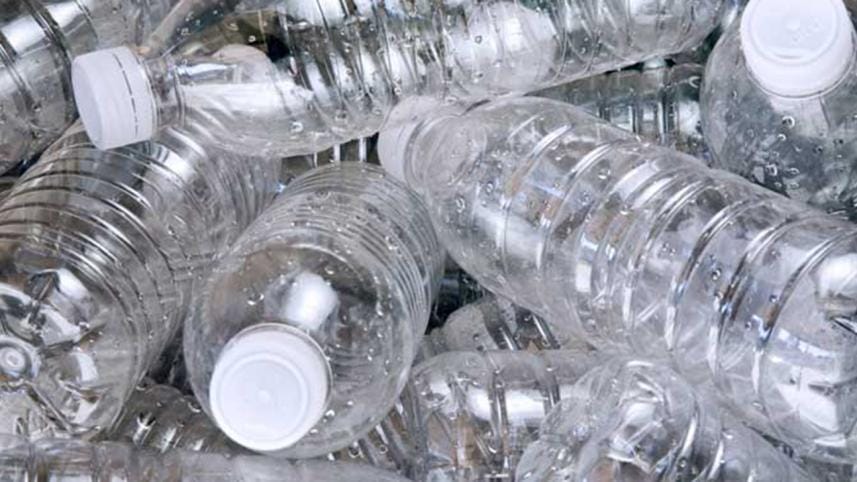New plastic-eating bacteria could help save planet

A new strain of bacteria that can actually eat plastic has been discovered by scientists in Japan, reports CNN.
This finding may help solve the world's fast-growing plastic pollution problem.
According to CNN, the species fully breaks down one of the most common kinds of plastic called Polyethylene terephthalate (PET).
It is the type often used to package bottled drinks, cosmetics and household cleaners.
The findings, published in the academic journal 'Science' on Friday, say that "Ideonella sakaiensis breaks down the plastic by using two enzymes to hydrolyze PET and a primary reaction intermediate, eventually yielding basic building blocks for growth," reports CNN.
This is potentially great news for the environment. Almost a third of all plastic packaging escapes collection systems and ends up in the nature, or clogs up infrastructure, the World Economic Forum (WEF) warned.
The WEF report, based on analysis of 20 studies and interviews with 180 experts, also said only 14% of plastic packaging is collected for recycling and that there will be more plastic than fish calculated by weight in the world's oceans by 2050.
Back in September, researchers also found that mealworms can live on a diet of styrofoam and other types of plastic.



 For all latest news, follow The Daily Star's Google News channel.
For all latest news, follow The Daily Star's Google News channel.
Comments